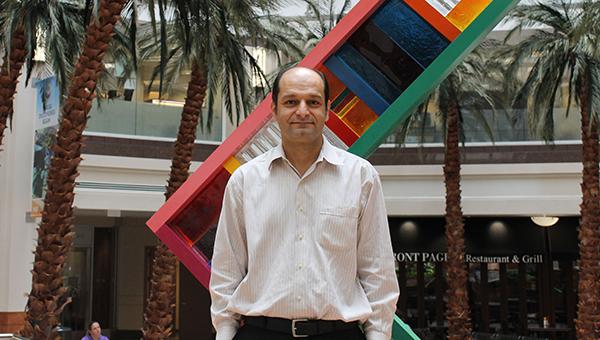Patricia Sobecky, a biology professor and the associate provost of academic affairs, and Behzad Mortazavi, an associate professor of biology, will lead a team of doctors and graduate students in an effort to collect samples and study the long-term effects of the spill on the ecosystem.
“We have a chance, using modern tools that weren’t around during the Valdez [oil spill of 1989], to study the system and track it and be a little more proactive, so if this thing happens again we know what to do,” Sobecky said.
The study focuses on how microbes in the water have responded to the oil spill. The Gulf naturally seeps oil, so bacteria in the water have adapted to convert it into an energy source. However, it is not known how the microbes reacted to such an intense influx of oil during the spill.
Sobecky said the team hopes to discover data that will give clues as to what should be done to protect the ecosystem from damage.
“We are specifically interested in the bacteria that are present there that can help degrade the oil, and ultimately, if we can find ways to deliver nutrients to the way that certain bacteria prefer them, we can speed up that process,” said team member Robert Martinez.
The team will spend some of its time working in the Chandeleur Islands, a set of barrier islands off the coast of Louisiana that has received little study since the oil spill in April 2010.
Sobecky and members of her team have been doing research in the Gulf since the spill initially occurred in 2010. This recent grant allows them to further expand their research and possibly discover ways to help the ecosystem.
“The question is, what is going to happen?” Sobecky said. “Is it going to recover, what’s happening?”









